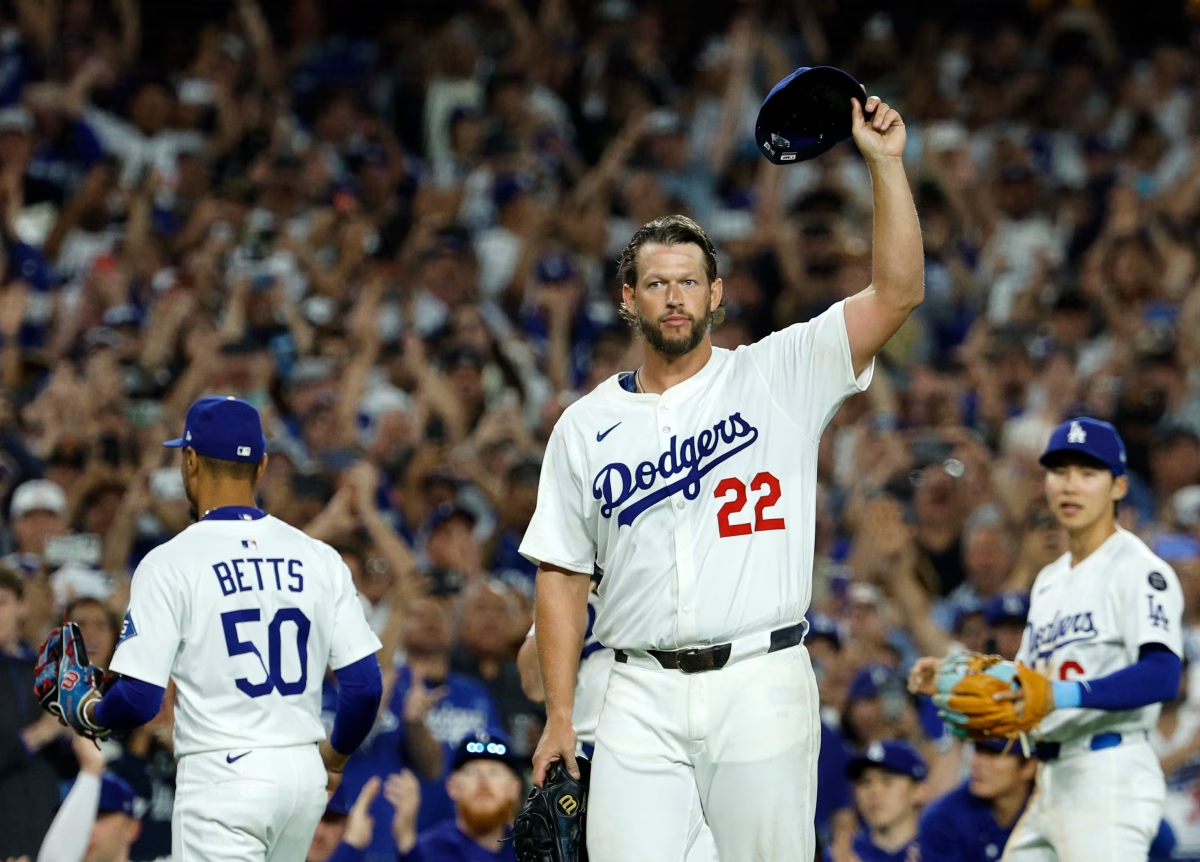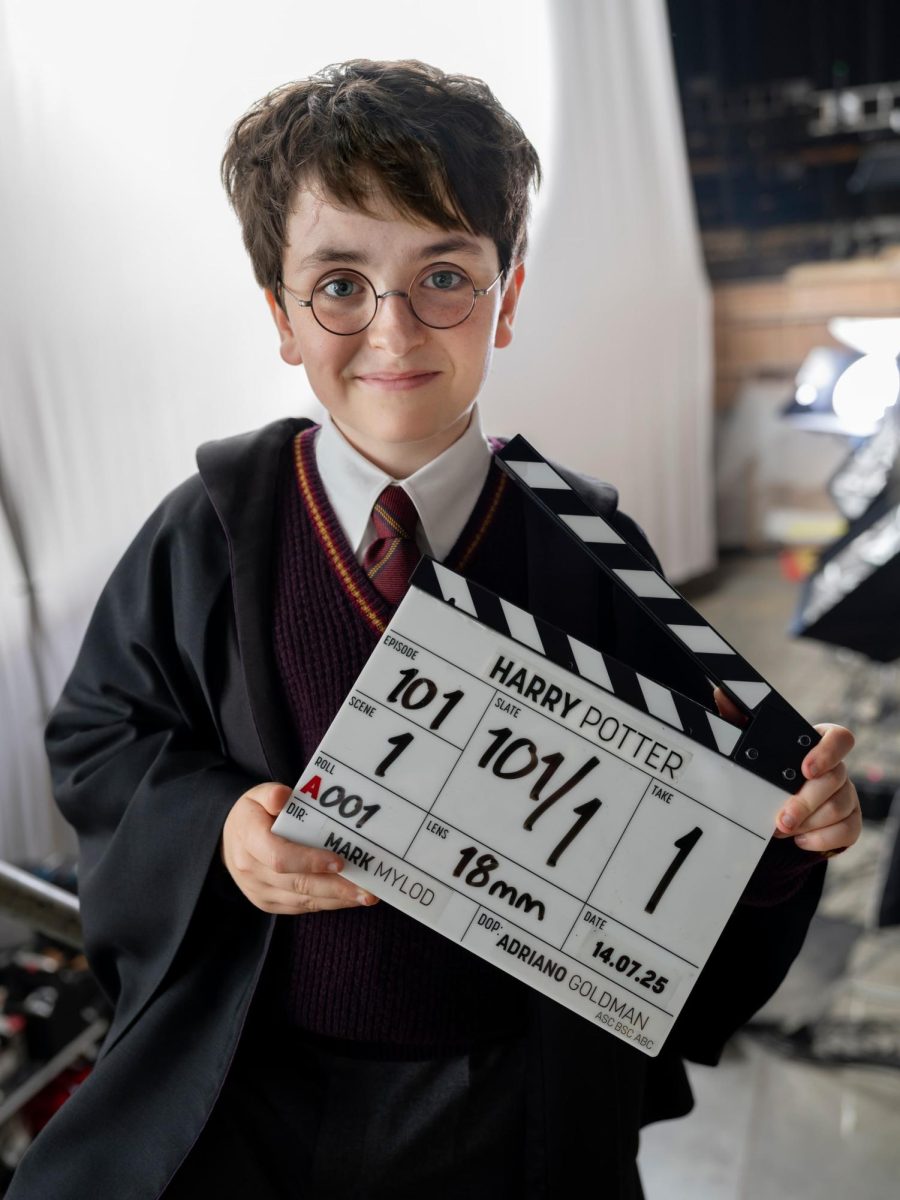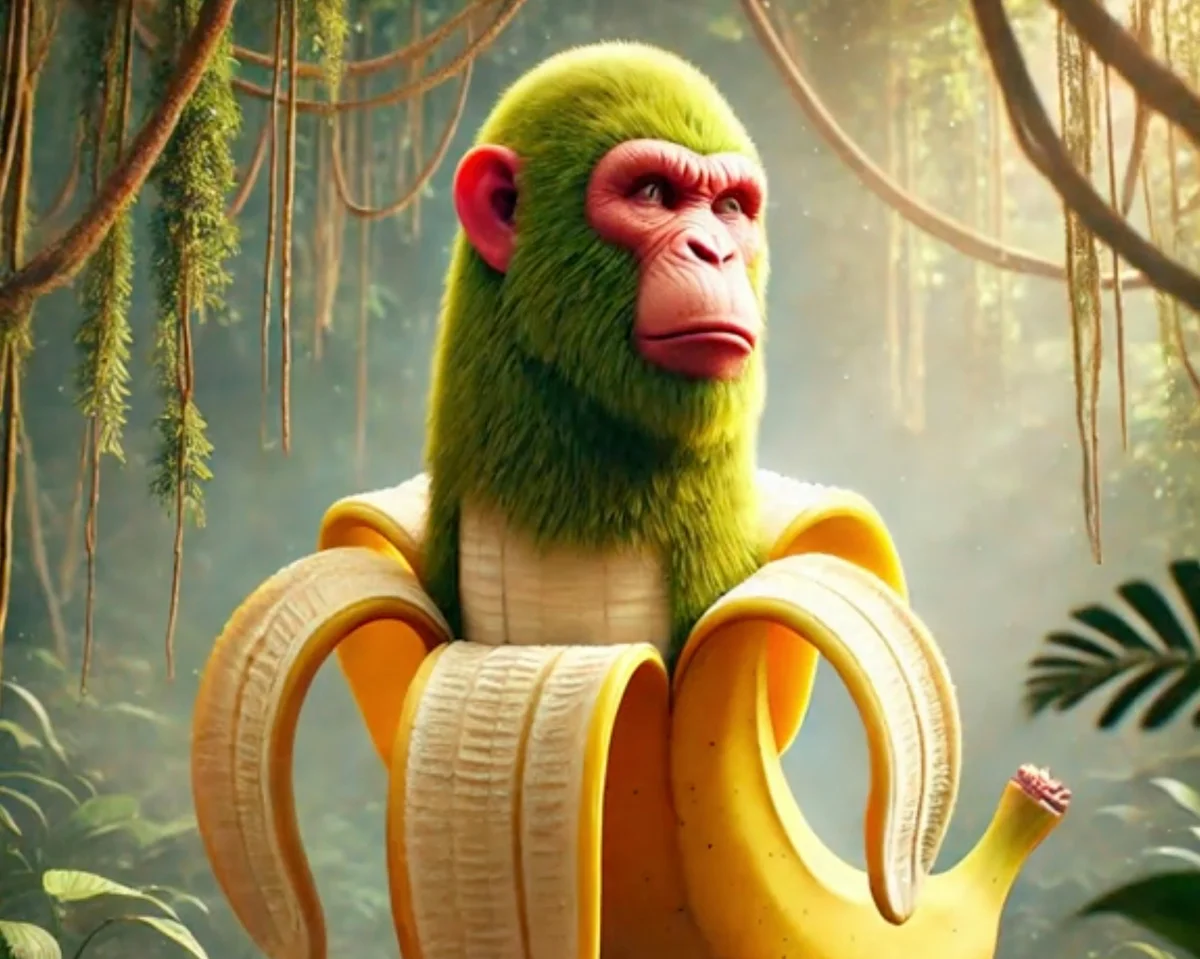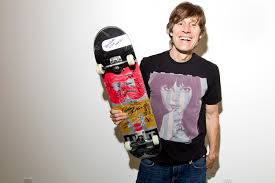The Meaningless Literature of our Generation

October 19, 2017
Try to think back to the last time you read anything written by Edgar Allan Poe. Probably in the eighth or maybe ninth grade English class, right? I would assume it was his famous “Tell Tale Heart”. You may have annotated the piece and searched for rhetorical devices, tone shifts, and the overall message he was attempting to elucidate on with his brilliant piece, but how much further did anyone go? I’m guessing not far at all. After having read that single poem, Edgar A. Poe and the rest of his literature was gone and forgotten from your mind.
Eminent and formerly renowned authors have principally lost their well-respected fame and appreciation due to the excessive amounts of mediocre writing being cherished far too greatly nowadays. Ray Bradbury? Ernest Hemingway? Charles Dickens? Those names hold no meaning or value or recognition in the minds of teens and even young adults today. Some people in this generation only know who Stephen King is because of the newly released movie “It,” based on his previously written novel.
Today’s generation seems to focus on more aesthetically pleasing pieces of literature. A prime example of this mindset stems from the extremely overrated collection of poems in “Milk and Honey.” Rupi Kaur, the author of this so-called “captivating” book which “tugs at the heartstrings” and “empowers women” apparently poured her heart and soul onto the pages of each poem. Need I mention that a multitude of poems written in the book consist of only 3-4 lines.
Here is one of her poems, titled “answers”:
“the way they
leave
tells you everything”
No, that is not just an excerpt from a longer, more elaborated poem with true meaning and teardrops staining the page. That is the entire poem.
One can evidently see the amount of ease and sloppiness which went into this poetry book, but for some reason the majority tend to see it as being crafted by the poetry Gods themselves. Maybe it’s because this generation hasn’t been brought up to have a good eye for literature, or maybe it’s because they simply don’t choose to. Either way, Rupi Kaur gained a lot of appreciation which instead rightfully belonged to hard-working poets, novelists, children’s book authors, and any and all other genres of writers who have yet to be noticed for their gifts.
Slam poets all around the world like Andrea Gibson, Olivia Gatwood, Desiree Dallagiacomo, Ben Wenzel and countless others have written marvelously sculpted pieces with expansive detail and figurative language to purely and utterly captivate their readers, but I bet that you have never heard those names before.
My point becomes crystal clear when you choose to acknowledge the fact that creativity is dying, and we are killing it. When dedicating your admiration and your respect and your infatuation to new-generation-pleasers rather than focusing on the writers who express their true, raw, opinionated ideas, you are failing to keep creativity alive and thriving.












Zoe Liuag • Nov 6, 2017 at 9:26 pm
Emma, you put my exact frustrations into words. “Milk and Honey” is a book for the masses– a quick taste of what poetry has the potential to be without fulfilling a deeper satisfaction for what you listed above: expansive detail and figurative language. While I do see the possible depth in a short poem, it needs to be done WELL. Thank you for speaking on behalf of us who don’t necessarily praise the ground she walks on. An additional thank you goes out for suggesting other poets to check out! Andrea Gibson is definitely one of my favorites. Good choice & brilliant article.
Linsey Becerra • Nov 6, 2017 at 6:52 pm
I must disagree that our generation is “killing creativity”. If anything, our generation has it worse than authors of the classics. In this day in age of technology authors have to be even more creative to captivate readers. Yes, “Milk and Honey” is no “Anabel lee” but it still caused readers to have a response to the poetry, and that is all an author needs to do to be concidered successful.
EL.p! • Oct 19, 2017 at 8:09 am
I have so much to say . . . and so little time, so let’s go by the numbers:
1) The Tell-Tale Heart is a short story NOT a poem.
2) A student will only go as far as the teacher will lead them. I apologize if I didn’t take you as far as I could have.
3) If a film gets a kid to read then I’m all for it.
4) I agree with your assessment of Milk & Honey. But then again Ezra Pound and William Carlos Williams were master of the short poem. Have you ever heard of these poets?
5)And if WE is you or I then we are only doing what we are confined by. creativity demands we go beyond confines: mind-body-spirit. creativity is the divinity of the tongue, and once we spit it on the page it no longer belongs to us.
6) SLAM poets are of a different category–they are more performance artists–like what you did at your friend’s reading. The performance accents the piece, and in effect, can hide it’s inconsistencies, meaning a bad poem can sound brilliant. but once it’s on the page–all bets are off.
7) and finally, going back to Kaur, if someone handed you her book and said, “this is brilliant!” and you thought it was trash, the writer still did their job: they stirred something within. as for Kaur’s short poem, isn’t it true? the way they/leave/tells you everything